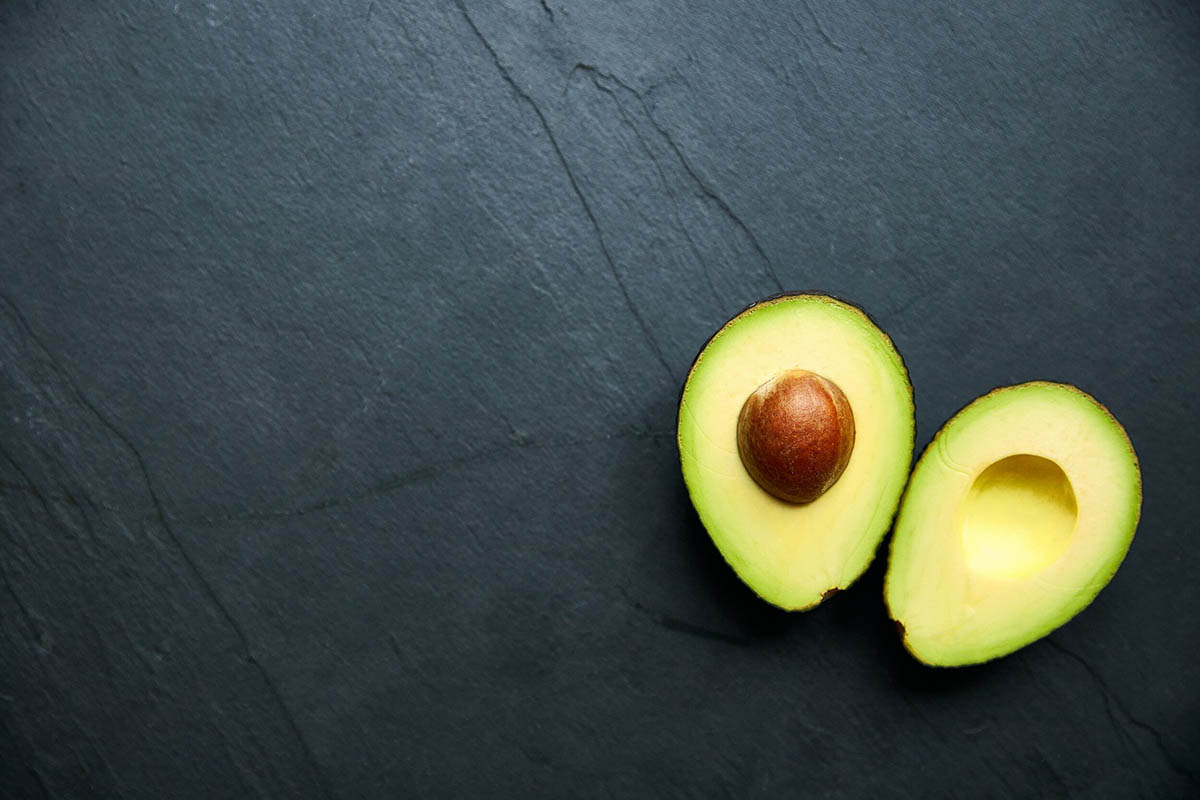So, I’m going to jump up into a spicy topic.
High fat, or low fat?
For the last few decades, fat has been labeled as “bad.”
The first thing I want to illustrate is that most of this evidence has been funded by the sugar industry, through the Sugar Research Foundation. It was the SRF’s work that initially pointed the finger at cholesterol and fats in their involvement in coronary artery disease, and that is a huge conflict of interest. The sugar industry paid researchers to downplay the impact of sucrose (sugar), and up the negative impacts of fats.
In December 1964, The Director of the SRF reported to an SRF subcommittee15 that new CHD research was a cause for concern: “From a number of laboratories of greater or lesser repute, there are flowing reports that sugar is a less desirable dietary source of calories than other car- bohydrates, eg,—Yudkin.”
An internal memo even stated “We should carefully review the reports, probably with a committee of nutrition specialists; see what weak points there are in the experimentation, and replicate the studies with appropriate corrections.”
Replicate studies with appropriate corrections.
The sugar industry literally funded research and modified it to hide the negative impacts of high sugar in our diets.
So, what does that actually mean?
We need to rethink our assumptions about what our basic diet composition should look like, for starters.
Does this mean you should swing wildly in the other direction, cut out sugar completely, and that 55% of your calories should come from fat?
That’s unclear.
There is some research that if you swing wildly in the other direction, and that 55% of your calories come from fat (which is whole heck of a lot), there are also some not so great things that happen, including increased insulin resistance (which leaves you at risk for Type II diabetes), and an increase in blood serum endotoxin, which can lead to a feeling of nausea and fever. That’s not to say any of the subjects experienced these symptoms.
Now, this is a small study (12 humans), and when I say they shifted to a high fat diet, it was really high. 55% of their calories, and most people aren’t anywhere close to that unless they’re pure Keto (more on that in a second)
I want to point out this study isn’t all that great, because the study only looks at a 5 day window, immediately following the meals. Anybody who looks at nutrition knows that nutrition itself is the long game. And, they’re only looking immediately after the meal has been fed, rather than long term effects.
For those of you who have done Keto, those symptoms might actually sound familiar; the brain fog, the rise in body temperature. The Keto Crash, or Keto Flu.
Keto this, keto that, gym bros chugging MCT oil. But what are the actual effects? It relies on the principal of a strictly very low carb, high fat, high protein diet. And as your body adjusts from burning sugars to ketones, individuals experience this spike in Endotoxins, stimulating the flu like symptoms.
However, more recent research in mice (yes, not humans) has found that even if we do spike Endotoxins, these high fats don’t guarantee a spike in inflammation. So, endotoxin doesn’t actually determine the immune response. What does? The presence of HDL, the “good” cholesterol, reduces the development of inflammation. So, people with higher LDLs are more likely to respond with more inflammation.
Who cares?
You should; there is no blanket approach to food, and fats. And we need to be really careful when demonizing a major food group.
And I want to point out that many of the studies that report on Endotoxins are actually utilizing diets with a mixture of high carb, and high animal fats. They’re not necessarily differentiating between 1) the types of fats, or 2) the density of carbohydrates.
This particular study, which accuses the high fat diet of driving endotoxins, is 40% fat, but also 40% carbohydrate, and low in protein. Is it the high fat, or is it the high carb, and low protein combo?
In fact, there’s been some evidence to suggest that where our fats come from also matters, and that plant based fats consumed in similar percentages reduce our risk of heart disease. One particular study from Harvard, of over 77,000 individuals, found that there’s a 21% increased risk in overall mortality when consuming high animal fats, and a 16% decreased risk in consuming high plant based fats.
A recent review from 2020 found that “The consumption of plant monounsaturated fatty acids (MUFAs), particularly from olive oil, has been associated with lower cancer risk. Similarly, the replacement of animal MUFAs with plant MUFAs decreased cancer mortality.”
That is to say, plant fats reduced the risk of cancer and cancer mortality, specifically the monounsaturated fats. These MUFAs (I know, the acronym isn’t the best) are the ones that we find in yummy foods like avocados and oil oils. So again, we’re seeing that source matters.
Lastly, let’s talk about the type of fat, from saturated to unsaturated fats. When it comes to the two, recent data about fat’s impact on cancer doesn’t actually bear out between the two. Demonizing saturated fats, when it comes to cancer, doesn’t actually manifest in recent human trials.
What about heart disease? A meta analyses from 2020 found that reducing saturated fats (any and all of them) actually had little to no effect on reducing the likelihood of a heart attack, or the likelihood of mortality. This is from over 15 studies of good evidence, with over 56,000 participants. That’s pretty good data, that saturated fat isn’t the devil we make it out to be when it comes to heart disease.
Okay, so I just threw a bunch of data at you. What does it come down to?
Most of the research from the 60s and 70s, and the recommendations that were handed down then, and that we continue to use were funded by the sugar industry, to drive consumption of sugar, and mask the negative effects of sucrose on the human heart.
Many of the “high fat” diets are also high carb, and are not discerning between animal fats, plant fats, or saturated vs. unsaturated, and should be considered carefully.
I also want to emphasize; this last study said plant based fats. It didn’t necessarily argue plant based only, or that these individuals be vegan or vegetarian.
So, the next time someone tells you a high fat diet is bad, don’t necessarily jump on the bandwagon. Ask who paid for the study, ask for what kinds of fats were involved, and where they were coming from.
Lastly, let’s talk about the type of fat, from saturated to unsaturated fats, because a recent review from 2020 that found that the inflammatory factors, which can drive cancer driven up by high fat diets are type dependent.
But when it comes to the dreaded “Saturated” or “Unsaturated,” the review (as it relates to cancer), found that “Similarly, human studies did not prove that a decrease in total fat intake is an effective strategy to combat cancer.”
Bottom line?
Where your fats come from is probably the more important question, than how much, and it depends on who you are, and what is already happening in your body.
TLDR?
-
Try to include fats like avocado, MCT, or olive oil into your diet.
-
Don’t be afraid of high fat diets, but pay attention to how your body feels.
-
Sugar painted fats as the bad guy and it’s been passed down as wisdom since the 60s, but more recent evidence isn’t correlating fat consumption with heart disease, mortality, or cancer.
Disclaimer: I’m not a nutritionist. I’m a nutrition enthusiast with a Doctorate in Physical Therapy, so while I know a lot about anatomy, physiology, and movement, and nutrition is my side hobby.




